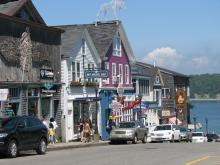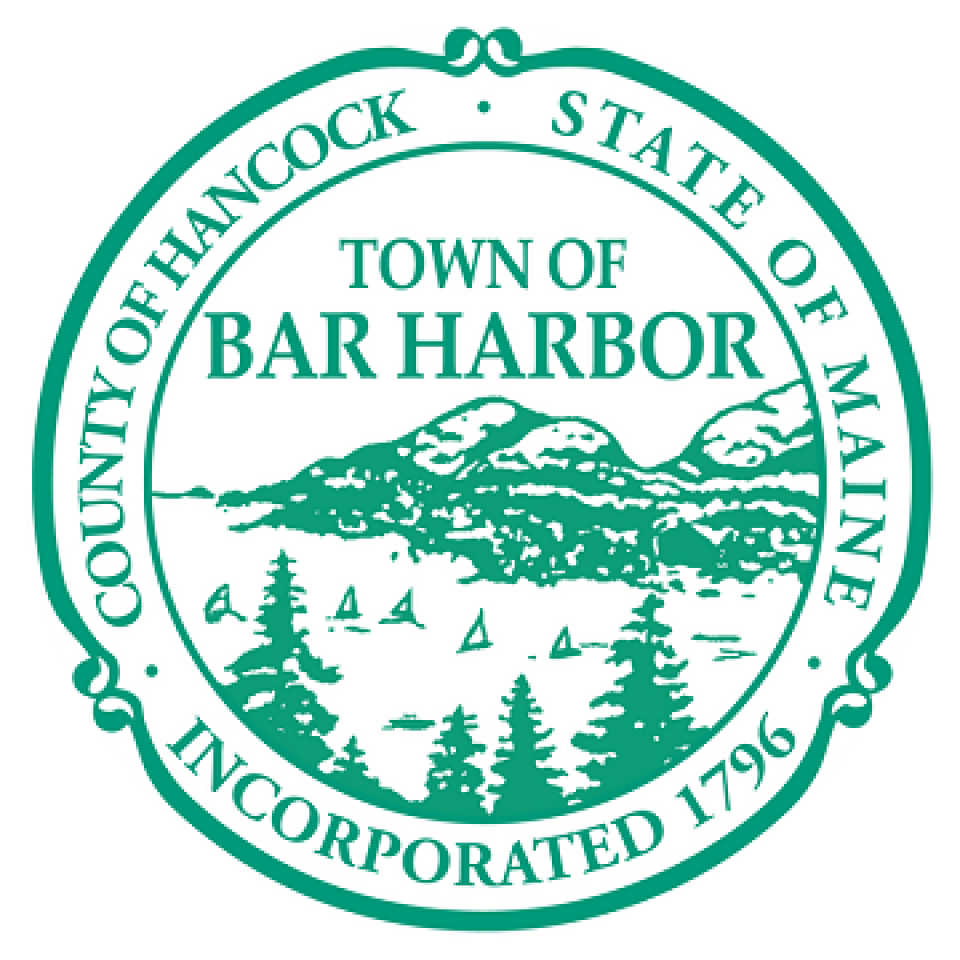Digital Equity Legislation Continues to Make Gains in California
Two recent victories in digital equity work out of California give cause for celebration this week. AB 2748 Telecommunications: Digital Equity in Video Franchising Act and AB 2751 Affordable Internet and Net Equality Act both passed the Communications and Conveyance Committees this week; the former by a margin of 10-3 and the latter 7-3.
Sponsored by Assemblyman Chris Holden, AB 2748 would have a range of impacts if passed, including giving the state CPUC and local governments more power in negoitating with providers to ensure that there is no discimination based on neighborhood household income that leads to inequitable access to service. It also revises franchise fee agreements at the local level. Read the full bill analysis for more.
"Although DIVCA originally intended to address inequitable broadband access, it remains pronounced across California cities," says Shayna Englin, Director of the California Community Foundation Digital Equity Initiative. "AB 2748 modernizes DIVCA by establishing equal access requirements as policy, and makes them enforceable through a reasonable application process for franchise renewals. We are pleased to co-sponsor Assemblymember Holden's bill, as the legislation will bring us one step closer to ensuring every Californian has access to fast, reliable, and affordable Internet [access]."
AB 2751 would create a Net Equality Program which would require that most state agencies only do business with Internet Service Providers (ISPs) that have a low-income plan offering of $40/month for 25/3 Megabits per second (Mbps). Read the full bill analysis for more.
Public testimony for AB 2751 highlighted the significant disparity in service speeds and prices that disadvantage low-income Californians by the state's two monopoly providers: Charter Spectrum and AT&T:




